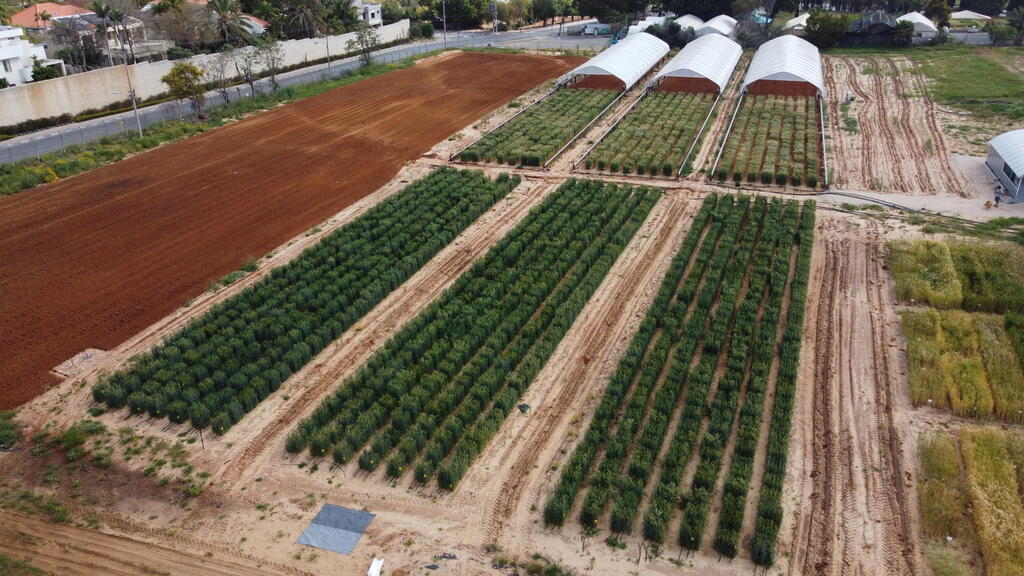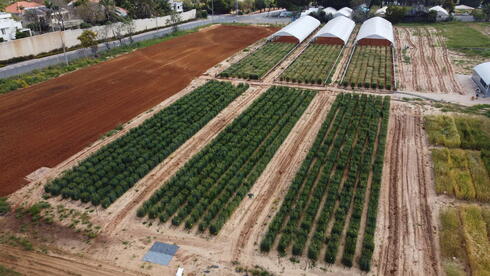The Agriculture and Food Security Ministry is establishing a national strategic system for monitoring risks in food imports. The move comes after the events of October 7 highlighted that Israel cannot rely on imports as an alternative to local production, given increasing boycotts and the effects of climate change. The goal is to prepare with adequate reserves and solutions for supply routes blocked from abroad.
The system is designed to identify global risks that could disrupt food supply, based on a model developed by the Institute for National Security Studies. It will produce warnings and policy recommendations to enable preventive measures and ensure functional continuity in the face of shifting trade policies by countries that export to Israel and extreme climate conditions.
1 View gallery


More than 90% of Israel’s supply of grains and fish, and over 80% of legumes, oilseeds, peanuts and nuts
(Photo: Roy Sadeh, Dr. Itai Herman and Prof. Zvi Peleg)
The new framework is part of the National Food Security 2050 Program being advanced by the ministry. More than 90% of Israel’s supply of grains and fish, over 80% of legumes, oilseeds, peanuts and nuts, and more than 60% of beef are imported.
“The goal is to prepare for the next crisis before it begins, shifting from a reactive approach to a preventive approach based on data and forecasts,” according to Yuval Lipkin, head of the ministry’s Food Security Administration.
In the coming days, the draft of the national food security plan will be published for public comment on the Agriculture Ministry’s website.


Dining and Cooking